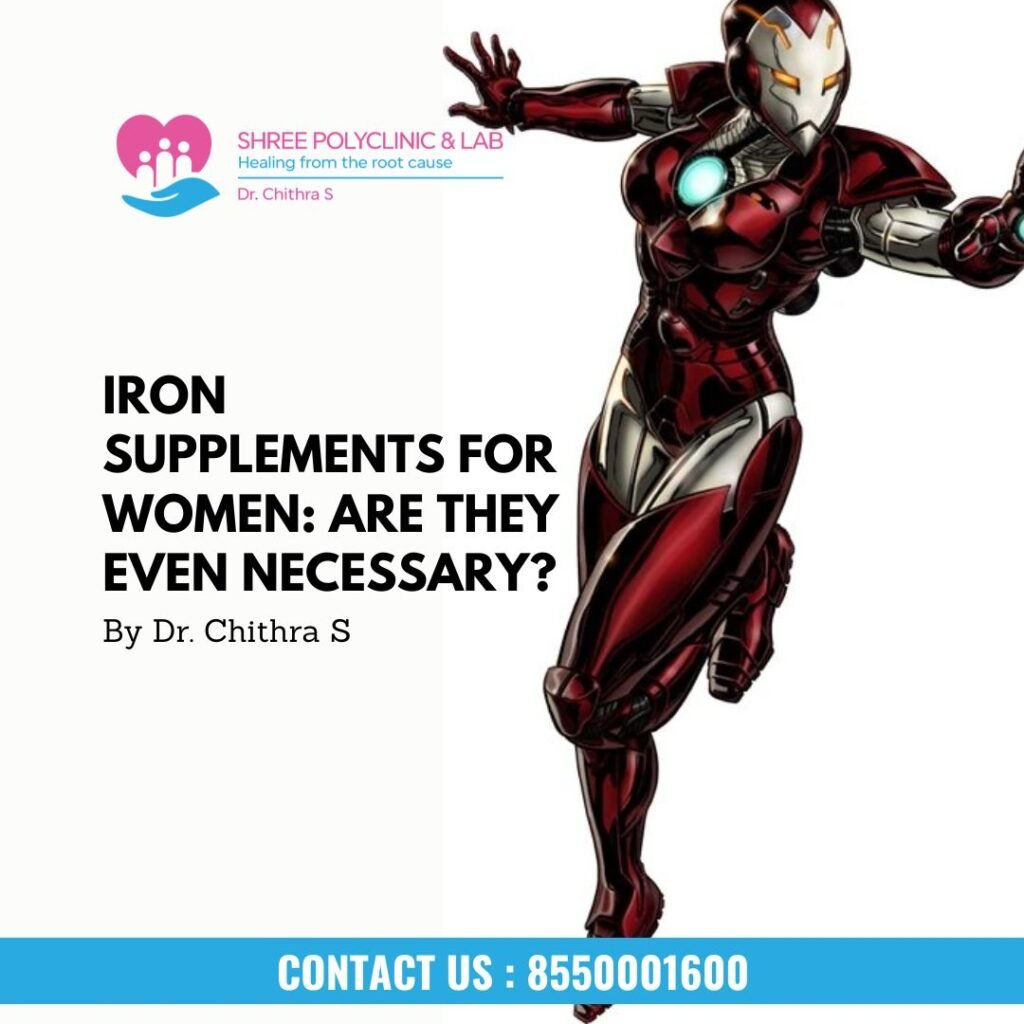and overall well-being.
Why Iron is Important for Women
Iron is a vital mineral that helps produce red blood cells and transport oxygen throughout the body. Women, especially those of reproductive age, are more prone to iron deficiency due to menstruation, pregnancy, and dietary choices. But do all women need iron supplements? Let’s find out.
Who Needs Iron Supplements?
While iron is essential for everyone, some women are at a higher risk of deficiency and may need supplementation:
✅ Pregnant Women – Increased blood volume during pregnancy raises iron needs. A deficiency can lead to anemia, premature birth, or low birth weight.
✅ Women with Heavy Periods – Excessive blood loss can cause low iron levels, leading to fatigue, weakness, and anemia.
✅ Vegetarians & Vegans – Non-heme iron from plant-based foods is harder to absorb than heme iron from animal sources. Iron supplements can help maintain optimal levels.
✅ Female Athletes – Intense workouts increase iron loss through sweat and red blood cell turnover.
✅ Women with Certain Medical Conditions – Conditions like celiac disease, inflammatory bowel disease (IBD), and chronic kidney disease can hinder iron absorption.
Signs of Iron Deficiency in Women
Iron deficiency can cause several symptoms, including:
🔹 Fatigue and weakness
🔹 Pale skin and brittle nails
🔹 Shortness of breath
🔹 Dizziness or frequent headaches
🔹 Cold hands and feet
🔹 Hair thinning and hair loss
If you experience these signs, consult a doctor for an iron level test before taking supplements.
Best Natural Sources of Iron
Before turning to supplements, try incorporating iron-rich foods into your diet:
🥩 Animal-Based Sources (Heme Iron – Highly Absorbable):
- Red meat, poultry, fish, eggs
🥬 Plant-Based Sources (Non-Heme Iron – Needs Vitamin C for Better Absorption):
- Spinach, lentils, tofu, chickpeas, nuts, iron-fortified cereals
- Pair with vitamin C-rich foods like citrus fruits, bell peppers, and tomatoes for better absorption.
For more dietary tips, check out our Nutrition Guide for Women’s Health.
When Should Women Take Iron Supplements?
Not all women need supplements. A balanced diet often provides sufficient iron. However, supplementation is necessary for those diagnosed with iron deficiency anemia. A doctor can determine the right dosage based on your health needs.
Precautions When Taking Iron Supplements
⚠️ Avoid Overconsumption – Too much iron can cause constipation, nausea, or toxicity in severe cases.
⚠️ Take Iron Correctly – Best absorbed on an empty stomach but may cause discomfort. Taking it with vitamin C improves absorption.
⚠️ Check for Interactions – Iron supplements may interfere with antibiotics, thyroid medications, and calcium supplements. Always consult a doctor.
Consult a Doctor Before Taking Iron Supplements
Before adding an iron supplement to your routine, get your iron levels tested. This ensures you take the right dosage and avoid unnecessary supplementation.
📞 For expert advice on iron deficiency, supplements, and personalized health recommendations, contact Shree Polyclinic & Lab at 8550001600. Our specialists can help you maintain optimal iron levels for overall well-being.

